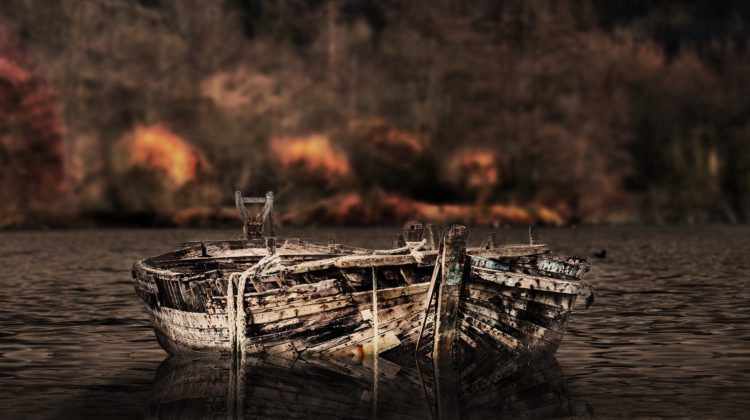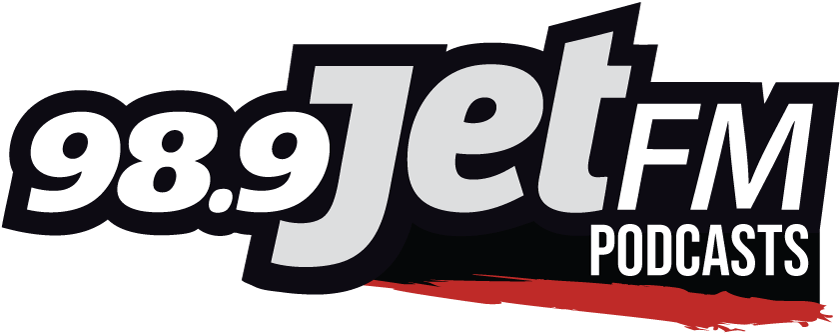Up to 1,200 kilometres of B.C. coastlines and more than 100 derelict vessels are the targets of new marine debris clean-up projects.
It’s being done in partnership with coastal Indigenous Nations.
This summer, more than $9.5 million from the Clean Coast, Clean Waters Initiative Fund will be used to tackle the cleanups and/or derelict vessel removals from the north coast down to southern Vancouver Island.
The funding is being distributed to four agencies: the Songhees Development Corporation, Small Ship Tour Operators Association – Wilderness Tourism Association, Coastal Restoration Society and Ocean Legacy Foundation.
“The scale of the problem is massive, and we need to do much more to address ocean debris and its devastating impacts on marine life and food sources,” said George Heyman, Minister of Environment and Climate Change Strategy.
“The enthusiastic response to our call for project applications shows how deeply British Columbians care about our marine ecosystems and the strong desire to be part of restoring and protecting these waters.”
The CCCW responds directly to the strong public call to action on marine debris heard from coastal communities during a consultation in summer 2019.
The main concerns raised by local governments and people included abandoned vessels, mooring buoys, polystyrene foam, aquaculture debris and single-use plastics.
“I am pleased to see the involvement of so many coastal Indigenous communities that are undertaking their own projects or partnering with others,” said Murray Rankin, Minister of Indigenous Relations and Reconciliation.
“The marine environment lies at the heart of coastal First Nations’ culture, traditions and livelihoods, and these projects will help protect those values.”
The province says the CCCW initiative “is an important part” of the CleanBC Plastics Action Plan and its goal to address plastic pollution.
The projects will create a range of employment opportunities from seasonal shoreline cleanup and community education to specialized positions in the logistics, waste management, transportation and tourism sectors.
The following projects will receive funds from the program:
Small Ship Tour Operators Association (SSTOA) – Wilderness Tourism Association (WTA)
The SSTOA is an association of tour boat operators that, responding to the downturn in tourism due to COVID-19, partnered with the WTA to turn their resources and skills to cleaning B.C.’s remote shorelines.
Last summer, the SSTOA undertook the biggest shoreline cleanup in B.C.’s history. This year’s project will see the ships travel to the outer coast of the Great Bear Rainforest and partner with four Indigenous Nations to clean more than 400 kilometres of shoreline.
“Everyone in the SSTOA and WTA involved in the 2020 project were so proud of the contribution they were able to make with the marine debris removal initiative,” said Scott Benton, executive director, WTA. “You saw the spark in people’s eyes, not only because it provided employment in a really tough year, but because we got to actively protect our beautiful coast and make it better. We are grateful to the CCCW initiative to be able to go out and finish the job this year.”
Shoreline cleanup: $3.5 million
Coastal Restoration Society (CRS)
CRS supports resource management and environmental stewardship goals of First Nations, provincial and federal governments. Its services include marine-industrial project development and implementation, scientific monitoring and assessment, aquatic invasive species management and control, and climate change mitigation in the marine environment.
The CRS project will aim to address shoreline debris and derelict vessels on the west coast of Vancouver Island, partnering with 10 Indigenous Nations to clean 200 to 400 kilometres of shoreline and remove nine derelict vessels.
“On behalf of CRS and all of our partners, we are grateful for the funding to move forward on these timely and necessary projects to support the health of the shorelines and coastal livelihoods,” said Josh Temple, executive director, Coastal Restoration Society. “We’re excited to once again be working with host First Nation communities and know that these partnerships are at the heart of all successful projects.”
Shoreline cleanup: $2.1 million
Derelict vessels: $0.4 million
Songhees Development Corporation
The Songhees Nation is located on the southern tip of Vancouver Island on the traditional territories of the Lekwungen-speaking people. The Songhees Development Corporation promotes business ventures and income generation in alignment with the Nation’s values and priorities.
The project will focus on removing 100 derelict vessels on southern Vancouver Island and the Gulf Islands.
“Songhees Nation is thrilled the Salish Sea Indigenous Marine Stewardship project has been funded. In collaboration with south island First Nations, our project will see 100 abandoned boats removed from the Salish Sea,” said Christina Clarke, CEO, Songhees Development Corporation. “Our project recognizes Indigenous leadership in environmental stewardship, and our training program will contribute to Indigenous workforce development and long-term employment opportunities in the emerging ‘blue economy.’”
Derelict vessels: $2 million
Ocean Legacy Foundation
Ocean Legacy Foundation (OLF) is a Canadian non-profit organization that develops and implements worldwide plastic pollution emergency response programs, with the goal to end oceanic plastic pollution. OLF combines sustainable technologies, education and skills training to convert plastic pollution into economic value, while providing local communities with the tools they need to prevent plastic pollution and protect their local environment. OLF is tackling plastic pollution using a solution-based platform called EPIC (education, policy, infrastructure and cleanup).
OLF’s CCCW project will focus in Desolation Sound and the central Salish Sea, partnering with three Indigenous Nations to clean 200 to 400 kilometres of shoreline and provide up to 354 jobs.
“CCCW is a historical moment for our communities and environment not only in the Province of British Columbia, but has set a precedent for Canada,” said Chloé Dubois, co-founder and president, OLF. “Ocean Legacy is thrilled and grateful to have this opportunity to work with communities to build economic opportunities to create cleaner oceans and provide innovative recycling opportunities for ocean plastics.”
Shoreline cleanup: $1.5 million






